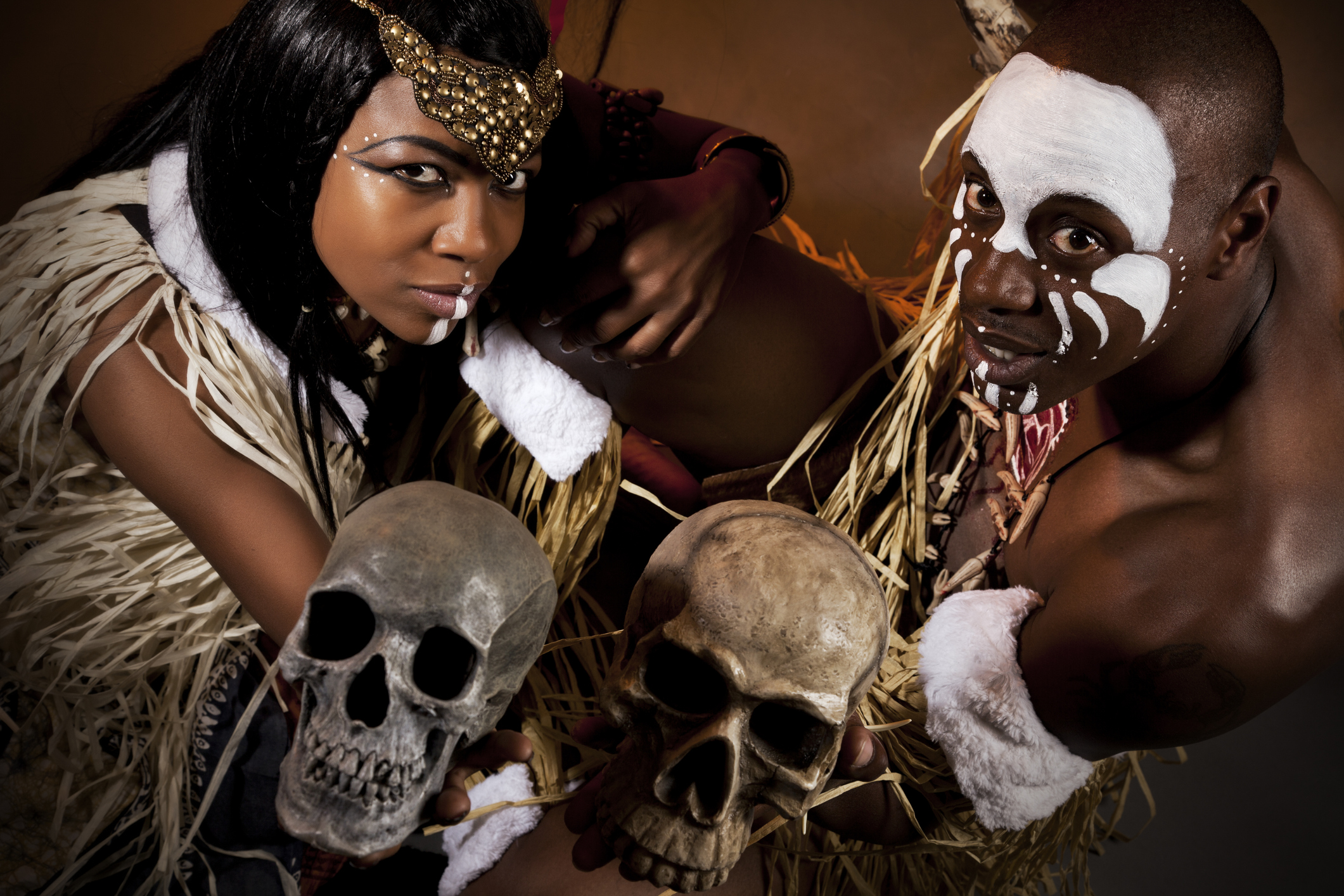
Zanzibar to register nearly 2000 traditional healers

While the government does not try to dictate healers’ methods, it tries to work with them on quality control. For example, the government wants to ensure plants used in medicines are of the same standard. That’s why the government is out to register as many of the mgangas as possible. So far, nearly 340 traditional healers have been registered since the passing of Tanzania’s Traditional and Alternative Medicine Act in 2009.
Requirements
There are requirements for one to be enlisted as a qualified mganga/traditional healer, such that they must be at least 18 years, three years of experience and have a recommendation letter from a trained mganga.
A council of 11 members that can include birth attendants, respected healers, village elders and lawyers approve the applications each month.
A group facilitated by the registrar’s office links doctors with traditional healers to give them some medical education on specific diseases like hypertension, diabetes and pregnancy. The mgangas share information with the doctors about patient statistics and needs.
Traditional healer Bi Mwanahija Mzee has already registered. She tends to patients at her busy clinic where women line up in the early morning sun cradling their sick children.
“People come here because I actually help them. I met many patients that went to the hospital first and got no help or the medicine didn’t work,” said Mwanahija Mzee, 56.
Supernatural spirits

Some healers, like Haji Mrisho, mainly give blessings to pregnant women to prevent their unborn babies being possessed by djinns. Others, like sheikhs at the Shifaa Herbal clinic, read the Koran to cast out the djinns blamed for many maladies.
Patients like Fatma Hamad say they trust traditional healers over the overcrowded, underfunded public hospitals where many feel their ailments are not treated properly.
Others may also be unable to afford the medicine prescribed, or they may stop taking it before the course is finished, leading them to relapse and adding to their suspicion of government-run facilities.






